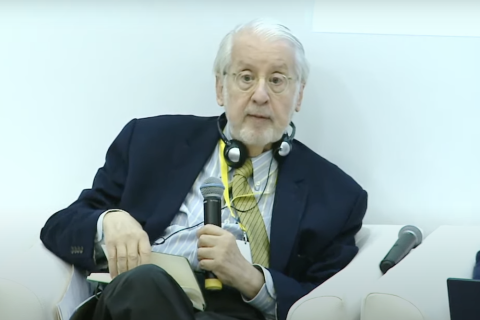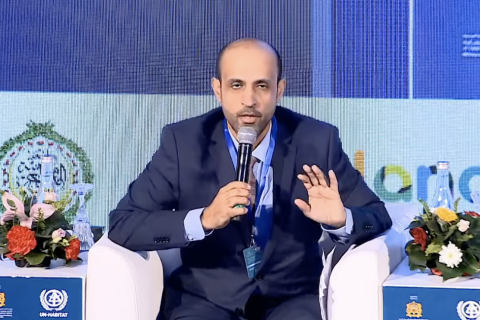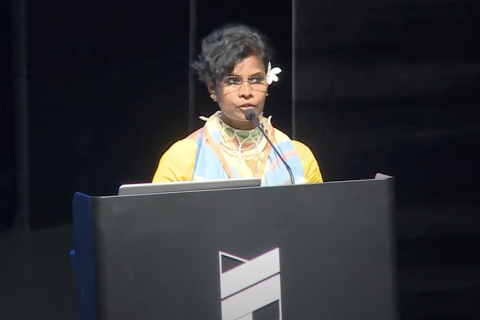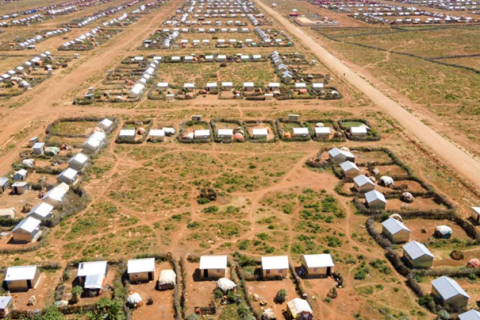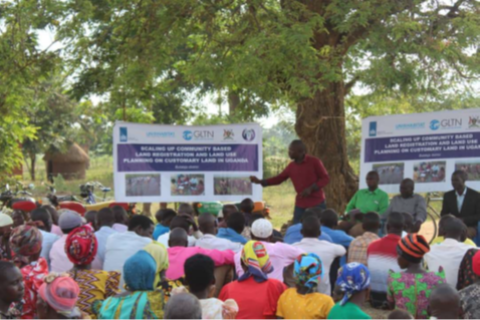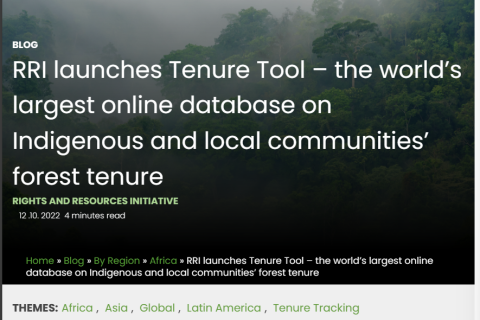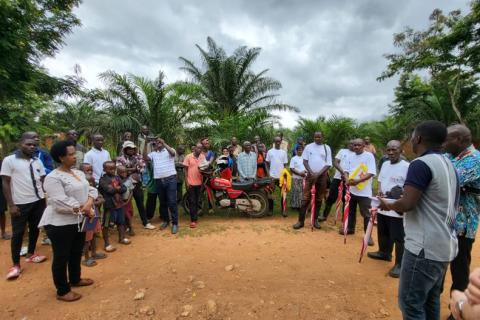The Launch of the Pinheiro Principles Handbook: Advancing Housing and Property Rights for Refugees and Displaced Persons in MENA
The 2025 Arab Land Conference marked an important milestone in the global effort to protect housing and property rights for refugees and displaced persons with the launch of the Pinheiro Principles Handbook for the Middle East and North Africa (MENA) region. This publication—developed through years of consultations, case studies, and collaborative efforts by UN agencies (FAO, IOM, OHCHR, UN-Habitat, NRC, and UNHCR)—aims to provide concrete guidance on implementing the Pinheiro Principles to restore the housing and land rights of displaced populations in the region.

